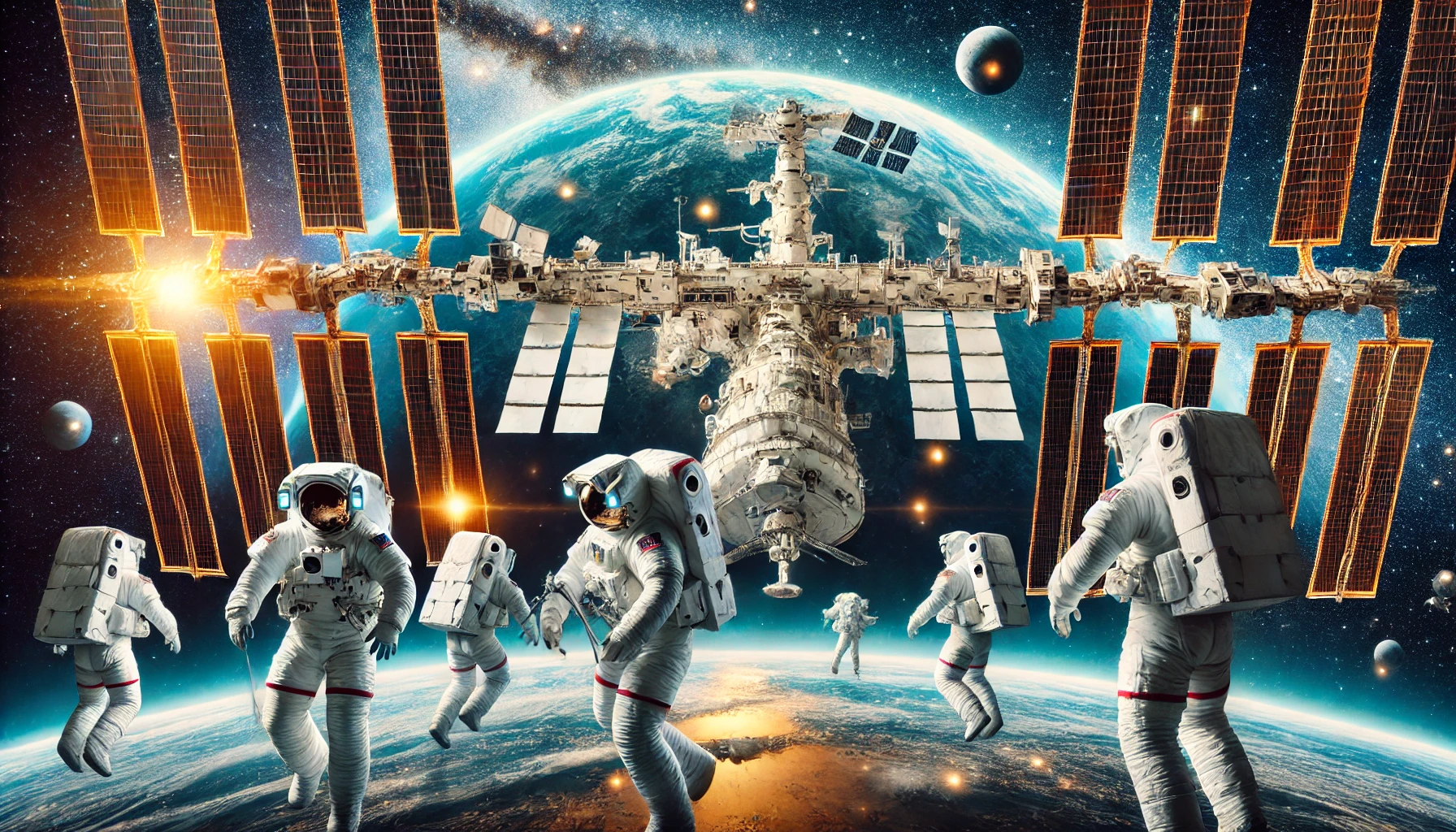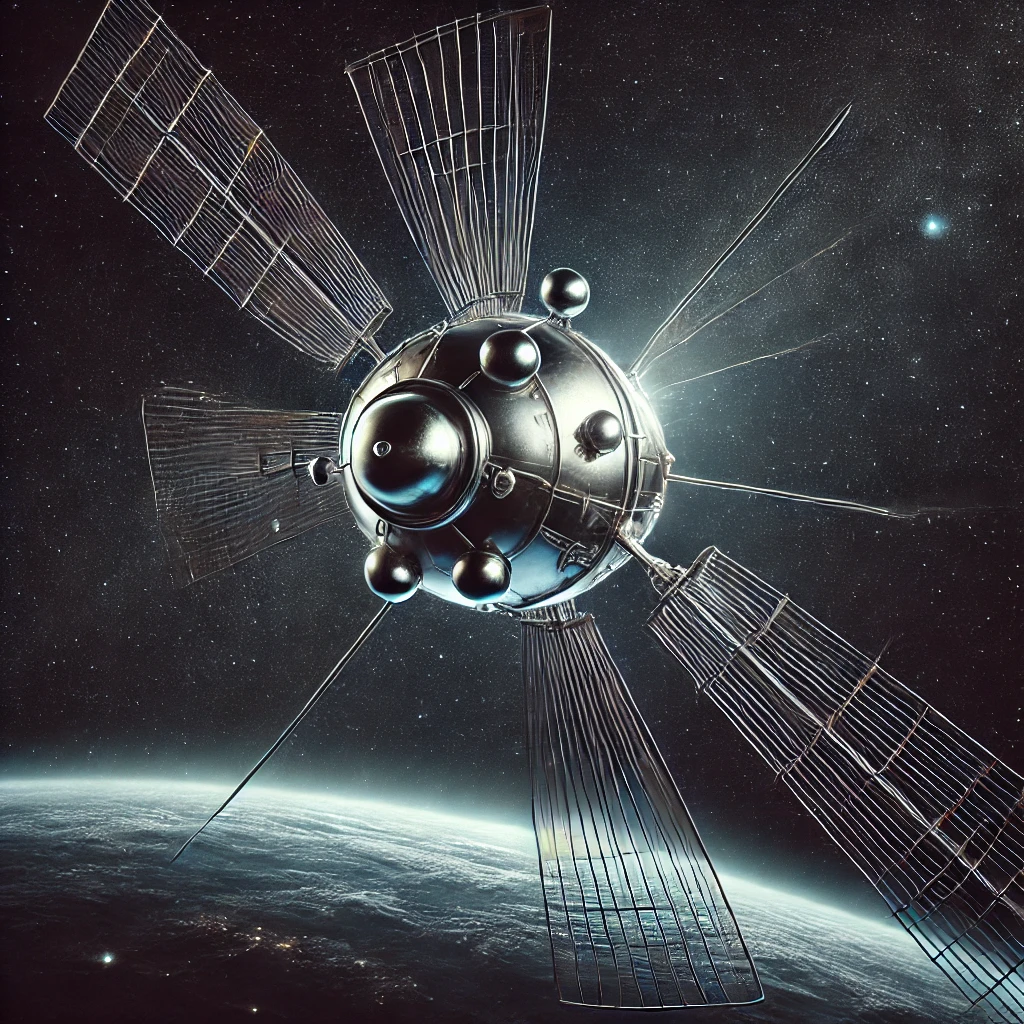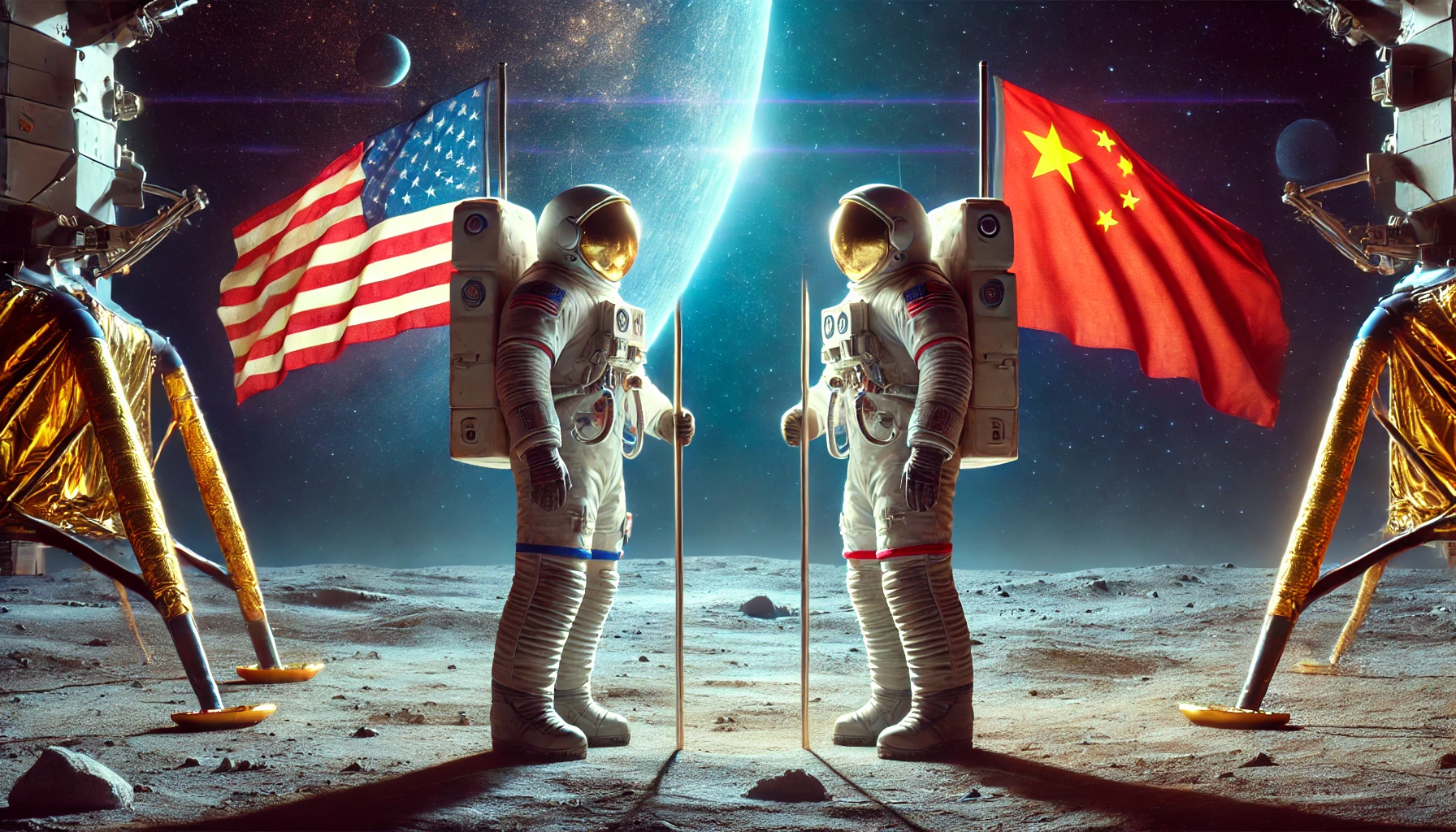Contents
Introduction
Human space exploration, the bold venture into the vast expanse of space, continues to fascinate and inspire people around the globe. It officially began in 1961 with Yuri Gagarin’s historic flight, marking humanity’s first steps beyond our planet. This article delves into the milestones, technological advancements, and future prospects of human space exploration.
Historical Context
Human space exploration started with Yuri Gagarin’s pioneering flight on April 12, 1961, aboard Vostok 1, making him the first human to orbit Earth. This monumental event, followed closely by Alan Shepard’s suborbital flight, initiated the Space Race between the United States and the Soviet Union, which spurred rapid advancements in space technology.
Milestones in Human Space Exploration
- The Moon Landing (1969): Neil Armstrong and Buzz Aldrin became the first humans to walk on the Moon during NASA’s Apollo 11 mission, a defining moment in space history.
- International Space Station (1998-present): The ISS serves as a hub for international collaboration, scientific research, and a continuous human presence in low Earth orbit.
- Mars Exploration: Recent missions, such as NASA’s Perseverance rover, pave the way for future manned missions to Mars, aiming to uncover the planet’s secrets and assess its potential for human habitation.
Technological Advancements
Human space exploration has driven numerous technological innovations:
- Rocket Technology: From the Saturn V to the Space Launch System (SLS), advancements in rocket design have enabled longer and more complex missions.
- Life Support Systems: Critical for sustaining astronauts, innovations in life support systems include advancements in oxygen generation, water recycling, and food production.
- Robotics and AI: Robotic technologies and AI play crucial roles in space exploration, assisting with tasks ranging from spacecraft maintenance to scientific data analysis.
The Impact on Earth
Space exploration has led to numerous benefits on Earth:
- Technological Innovations: Technologies developed for space missions, such as solar panels, water purification systems, and medical imaging devices, have found applications in everyday life.
- Scientific Knowledge: Research conducted in space has enhanced our understanding of biology, physics, and the universe, leading to scientific breakthroughs that benefit humanity.
- International Cooperation: The ISS exemplifies international collaboration, fostering peaceful cooperation among nations and advancing global scientific endeavors.
Future of Human Space Exploration

The future holds exciting prospects for human space exploration:
- Lunar Missions: NASA’s Artemis program aims to return humans to the Moon and establish a sustainable presence by the end of the decade, serving as a stepping stone for missions to Mars.
- Mars Missions: Both NASA and private companies like SpaceX are developing technologies to send humans to Mars, with the goal of exploring its potential for human colonization.
- Interstellar Exploration: Concepts such as the Breakthrough Starshot initiative envision using light sail technology to send probes to the nearest star systems, pushing the boundaries of our exploration capabilities.
“Space exploration is not just about reaching new frontiers; it’s about understanding our place in the universe and inspiring generations to dream beyond the confines of our planet.”
Conclusion
Human space exploration represents the pinnacle of human ingenuity and the relentless quest for knowledge. As we look to the stars, the milestones and advancements remind us of our potential to achieve the extraordinary. The quest to explore space, known as the Exploration of Space, continues to fascinate and inspire people around the world. This endeavor has not only pushed the boundaries of technology and science but also fostered international cooperation and peace. The insights gained from space exploration have profound implications for our understanding of the universe and our place within it. As we continue to innovate and dream, the future of space exploration holds endless possibilities for discovery and progress, inspiring future generations to reach for the stars.





